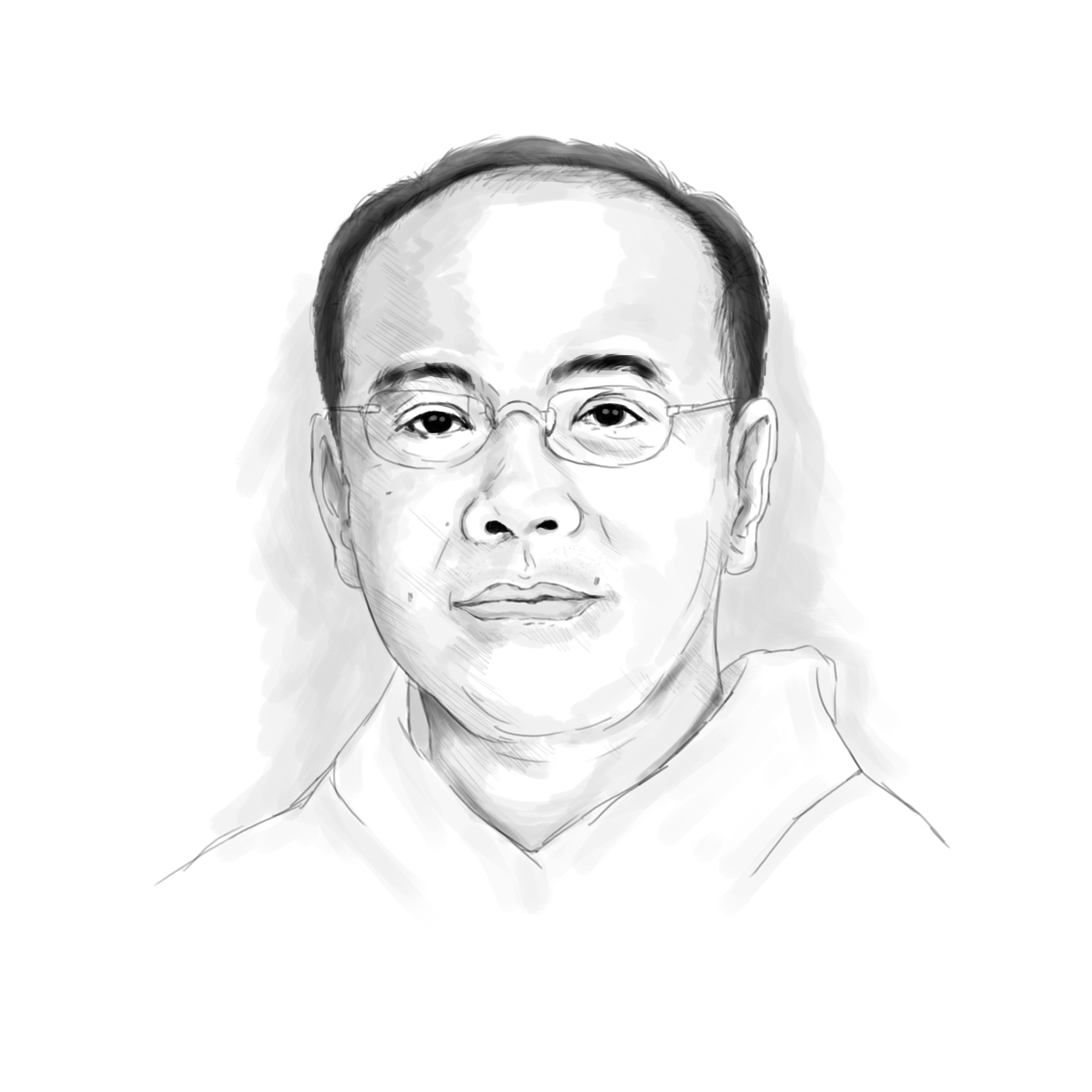THROUGH UNTRUE

A recent UNICEF report reveals that millions of children feel abandoned by one or both parents who work abroad. If physical migration hurts, the emotional toll of virtual migration is also becoming an increasing concern. Many people experience a profound sense of being ignored or abandoned when, in the midst of a conversation, their partners move virtually elsewhere through their phones or other electronic gadgets.
Today's Gospel reading (Luke 15:1-3, 11-32), often titled “The Parable of the Prodigal Son.” can also be called “A Father Abandoned by His Two Migrant Sons.” One son physically relocates to a distant land, while the other virtually migrates into his inner world, filled with resentment.
The younger son arrogantly demands: “Give me my share of the inheritance; I no longer wish to stay with you. I am going to a far-off place” (Luke 15:12). Typically, children receive their inheritance only after the father's death. By making such a demand, the younger son is effectively telling his father, “I want you dead right now.”
The father is devastated. Yet, out of kindness and generosity, he agrees to his son's demand. In doing so, he must have said, “It hurts me deeply to hear that you wish for my dead. But I love you so much that I want you to be happy, even if that happiness no longer includes me.”
Unlike his brother, the elder son seems never to leave home. However, in truth, he has also abandoned his father. The difference is geographical. The younger son leaves home to move to a distant land. In contrast, the elder son stays physically present in the house but emotionally retreats to a place where he is emotionally distant from his father.
Even worse, while the younger son desires his father's death, the elder son merely tolerates the fact that his father is still alive. He views his father as a mere taskmaster. He clings to the illusion of companionship without making any effort to nurture a genuine relationship or intimacy with his father.
The elder son feels this way because he believes his father has overlooked or neglected him. He fails to recognize that he is loved — perhaps even more than his younger brother. In fact, he enjoys a larger share of the inheritance than his brother ever will. As the father says, “Everything I have is yours” (Luke 15:31).
Jesus tells this parable to an audience of sinners and Pharisees. To the sinners, Jesus presents God as a prodigal father who lavishly extends His love and forgiveness. Sinners are like the younger son, treating God as though He is dead and irrelevant in their lives. Yet, Jesus reminds them that, even if they ignore God's presence, He is closer to them than they can imagine.
Through the parable, Jesus highlights God’s boundless mercy, declaring that if sinners turn back to Him, God will grant them forgiveness, just as the father forgives his younger son — without questions or conditions.
Jesus also addresses the modern-day Pharisees, who, like the elder son, adhere strictly to duty, accumulating good deeds to prove their worthiness of God's love. Jesus invites them to abandon this false form of religion that treats God as an object of obligation. Instead, He portrays God as the prodigal father, urging us to love Him with the same reckless extravagance with which He loves us.